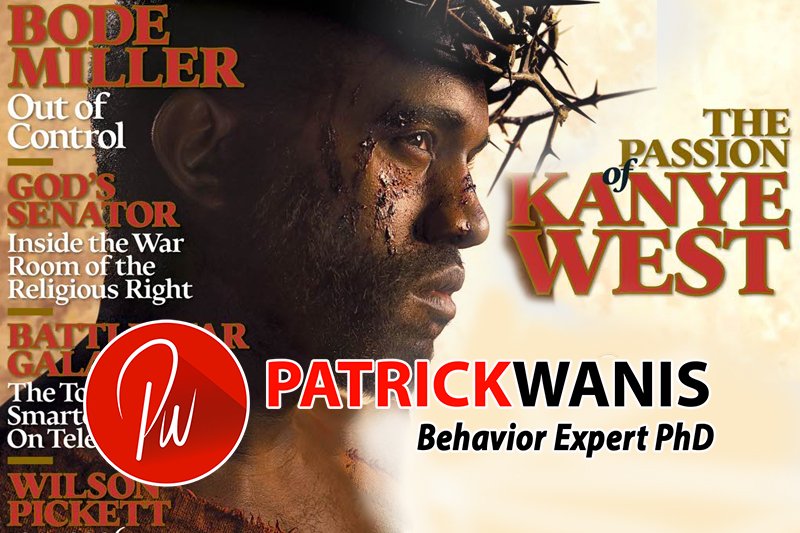
Here is issue No. 13 of the Top 20 psychological issues of being a celebrity. Click here for the previous article, for celebrity issues 11 & 12.
13. “It’s all about me” – Narcissism – The Fame Factor
Narcissism is a disorder which is identified by lack of empathy, grandiose fantasies, promiscuity, inability to form meaningful relationships, excessive need for approval, extreme response to criticism (usually anger), rage, exaggerated self-absorption, social isolation and depression.
Narcissism usually occurs as a result of childhood upbringing, lack of attention, abandonment, neglect and so forth. Narcissism often reflects deep deficits in self-esteem which causes the extreme drive for over-compensation. Narcissism can also occur when a child was never taught boundaries and where the parents gave into every desire and whim of the child making him/her the center of the universe and oblivious to the existence and needs of others. This often occurs with children who had no siblings and were made the center of the universe for their entire childhood.
“When you become famous, you’ve got like a year or two where you act like a real asshole. You can’t help yourself. It happens to everybody. You’ve got like two years to pull it together – or it’s permanent.” – Bill Murray https://gawker.com/5899097/hes-not-chevy-hes-an-asshole-a-history-of-chevy-chases-horrific-behavior
Most teenagers tend to be narcissistic: they believe they are the center of the universe with an imaginary audience that follows them around and constantly watches them and is impressed by their feats and behavior. Studies reveal that the people in their twenties score the highest in narcissism.
However, being a celebrity almost inevitably creates narcissism.
I refer to this as the Fame Factor.
The more people praise and worship you along with the more power you wield, the more money & wealth you have and more you are convinced that you are more important than everyone else, the less empathetic you will be towards others and the more you will be prone to becoming narcissistic.
“My greatest pain in life is that I will never be able to see myself perform live” – Kanye West
”I mean, nobody prepares you for what happens when you get famous, and I didn’t handle it well. I was a young, new, hot star and I had the unbelievable arrogance of Ty Webb [the golfer in Caddyshack], the guy who says, when asked how he kept score, ‘According to height.’ As time went on, the strident narcissism and arrogance slowly diminished. But it was definitely there. I’m older now. And a big crybaby.” – Chevy Chase https://www.ew.com/article/2012/04/03/chevy-chase-archive/5
Fame has all the elements that create this form of narcissism.
It is also recognized as Acquired Situational Narcissism, a term coined by Robert B. Millman, Professor of Psychiatry at the Weill Cornell Medical College of Cornell University. He says as a celebrity, you become accustomed to people looking at you to the extreme extent that you stop looking back at other people i.e. you lose empathy as well as interest in others and thus, you become narcissistic.
“Narcissism is the great contradiction of my dad and the great paradox of spirituality, of which he is an icon.” – Gotham Chopra talking about his father, best-selling pop spiritualist, Deepak Chopra
The antidote to celebrity narcissism is not failure or a loss of fame and fortune. I have seen and encountered many formerly rich and famous people who lost it all only to become extremely bitter, angry and resentful rather than kind, compassionate and appreciative of life.
Thus, the antidote to celebrity narcissism, is the gradual process of learning empathy and compassion by exposure to other people’s pain and, the connection to one’s own deeper feelings and needs. Compassion can only occur when a person connects again or for the first time with the full human experience – pain, suffering, loss and illness as well as love and joy.
Many celebrities have found ways to help – Marie Osmond has visited Chicago’s Children’s Memorial Hospital to meet patients, their families and lead in storytime sessions; Don Cheadle went to Darfur, Sudan in 2005, where government-sponsored militia killed 400,000 and displaced 2.5 million people; Joan Allen has read and told stories at Round-the-Clock Nursery, a Manhattan preschool; Lucy Liu visited Lesotho in Africa as part of a UNICEF initiative. She also visited Balakot, Pakistan, after an earthquake left more than 70,000 dead. She witnessed the pain and suffering as she helped distribute warm clothes and walked amongst rubble and camps with “13 people sleeping in one very small tent.”
For the next celebrity psychological issue, No. 14, click here
Anointed “The Woman Expert” by WGN Chicago, Patrick Wanis PhD is a renowned Celebrity Life Coach, Human Behavior & Relationship Expert who developed SRTT therapy (Subconscious Rapid Transformation Technique) and is teaching it to other practitioners. Wanis’ clientele ranges from celebrities and CEOs to housewives and teenagers. CNN, BBC, FOX News, MSNBC & major news outlets worldwide consult Wanis for his expert insights and analysis on sexuality, human behavior and women’s issues. Wanis is the first person ever to do hypnotherapy on national TV – on the Montel Williams show.
